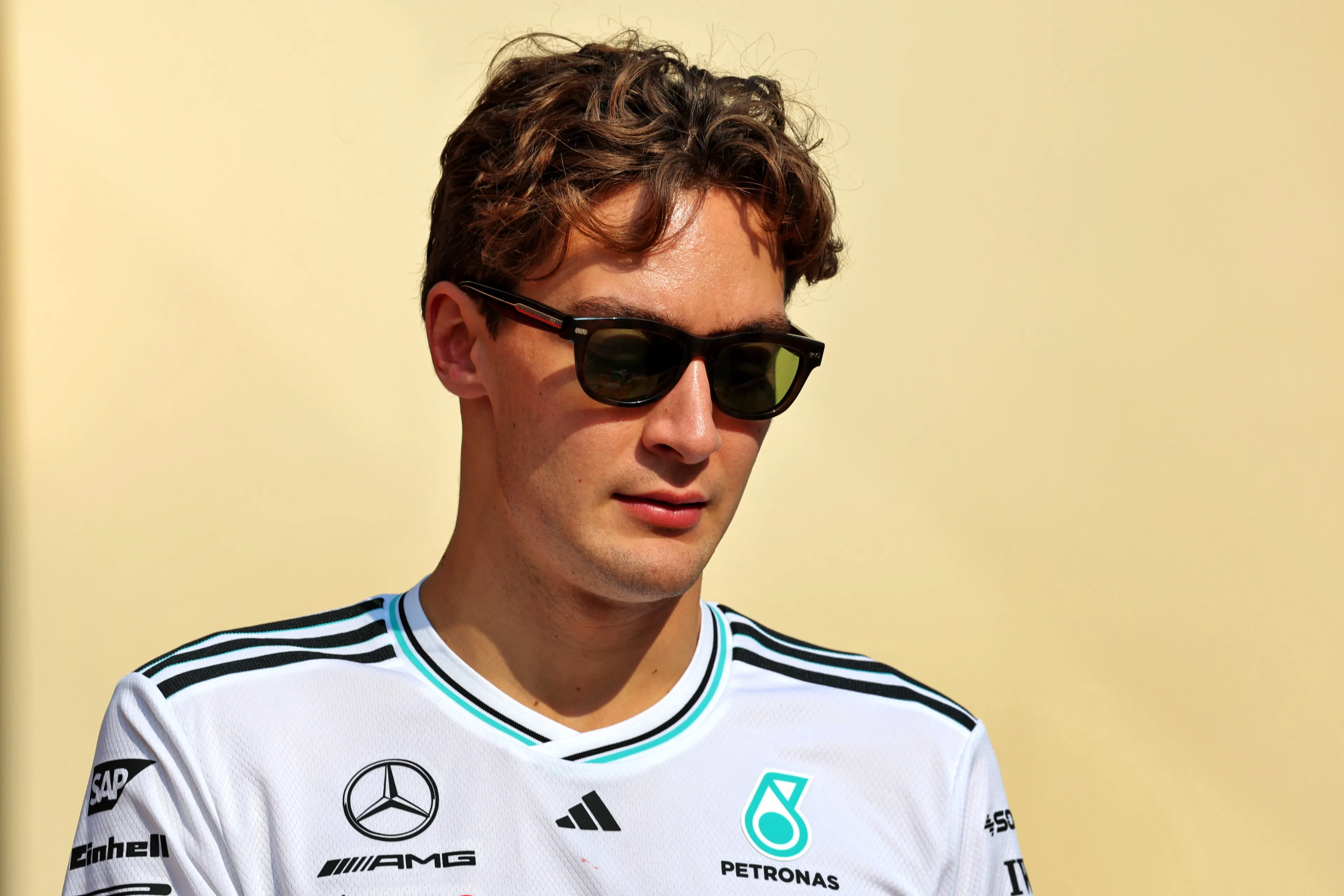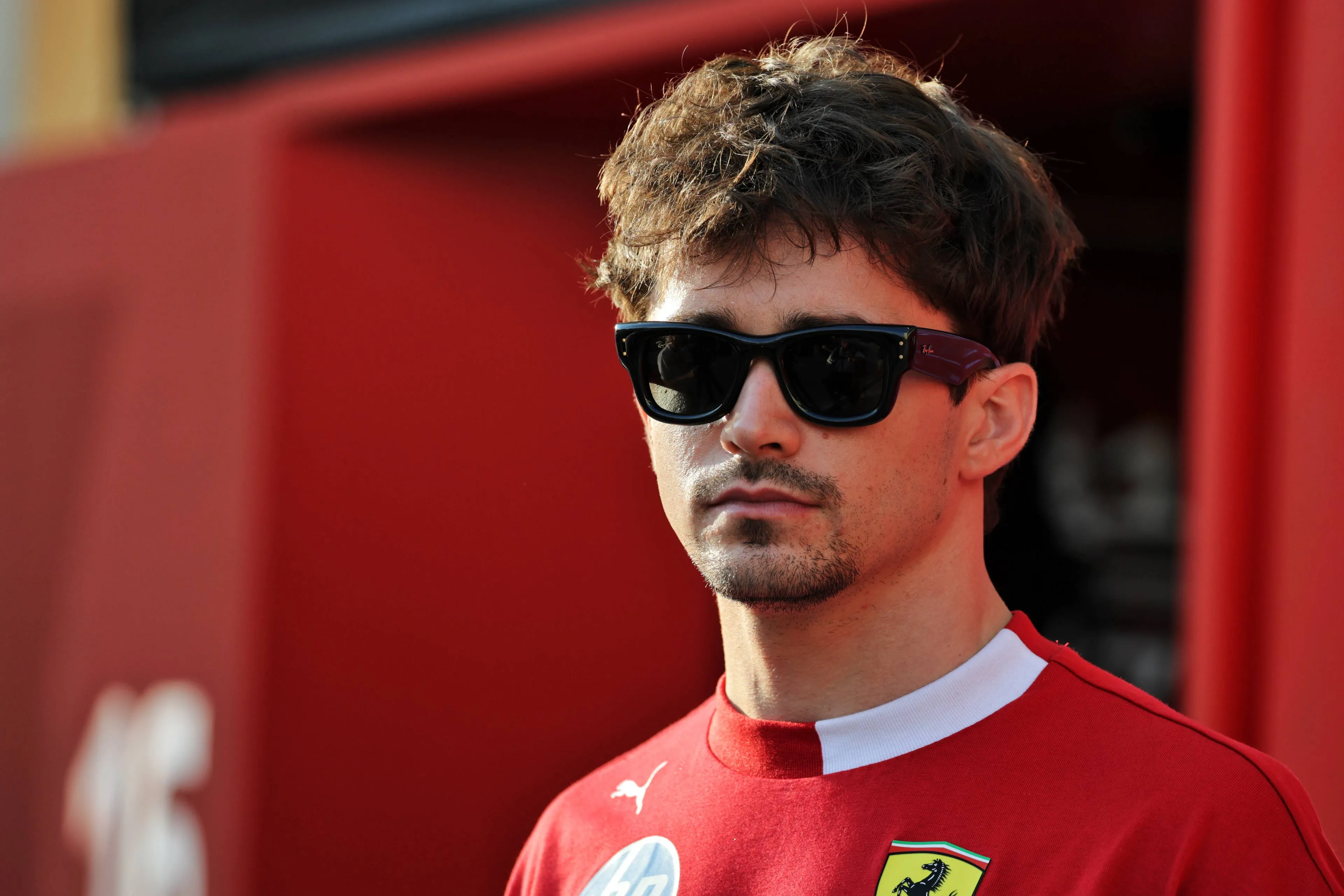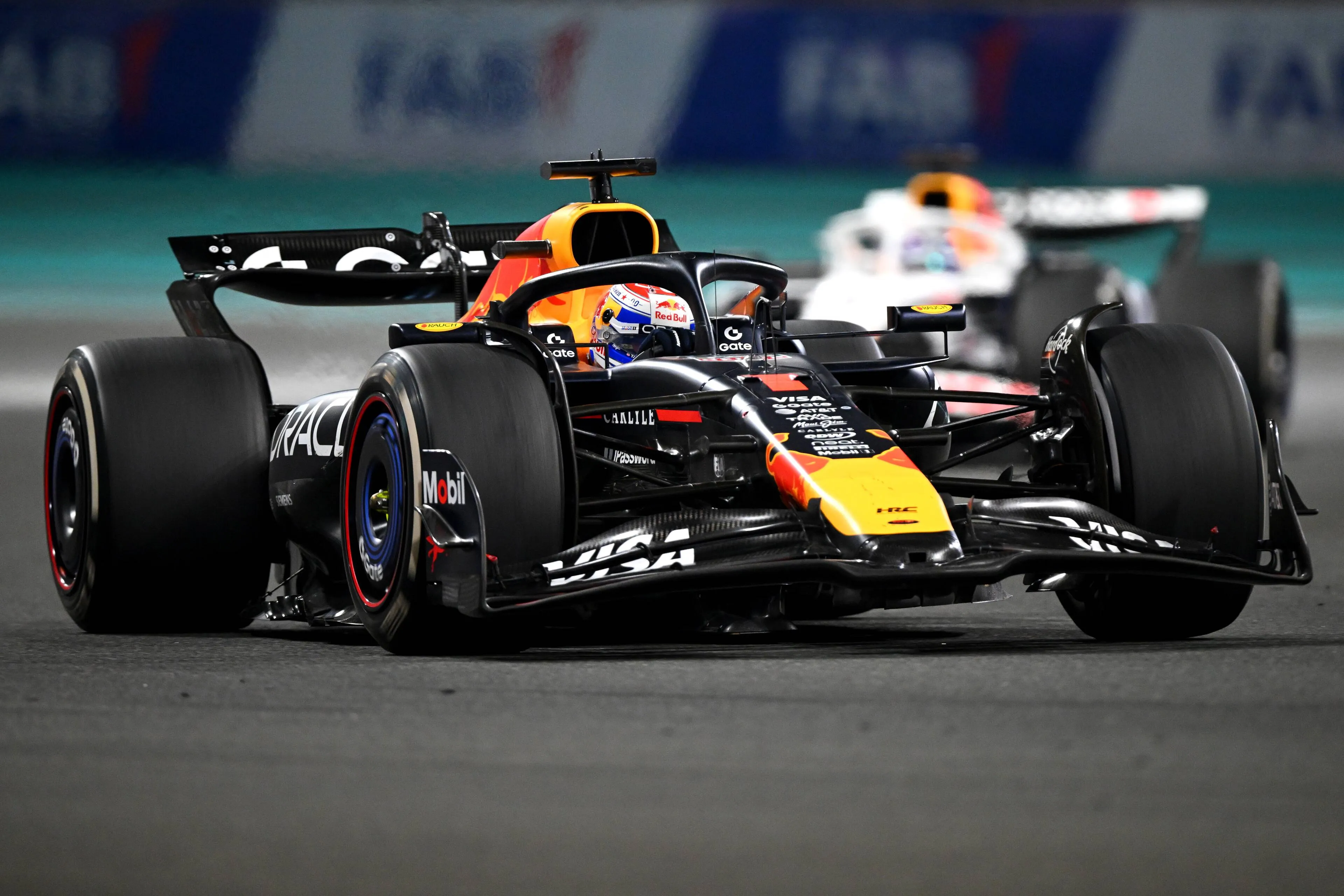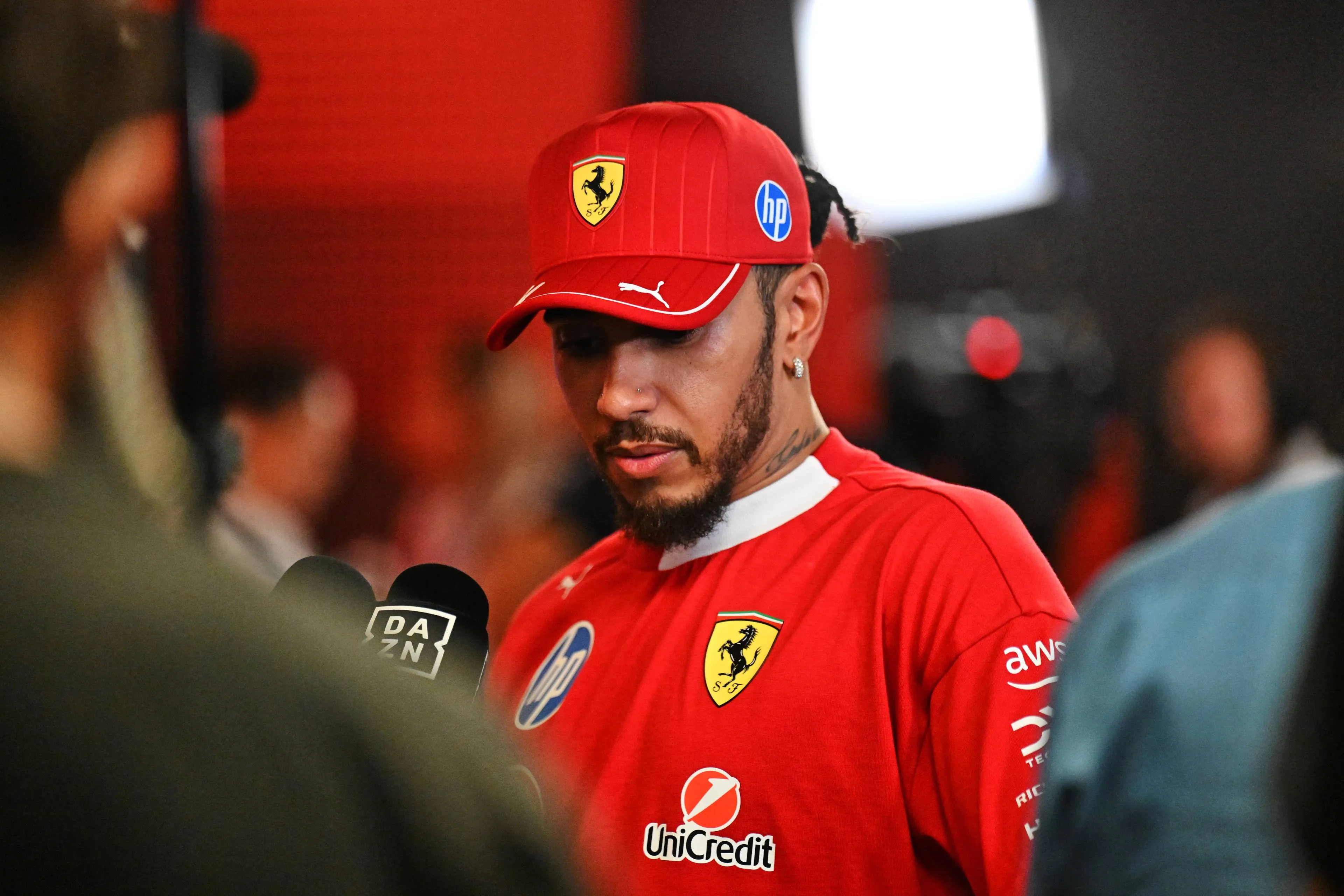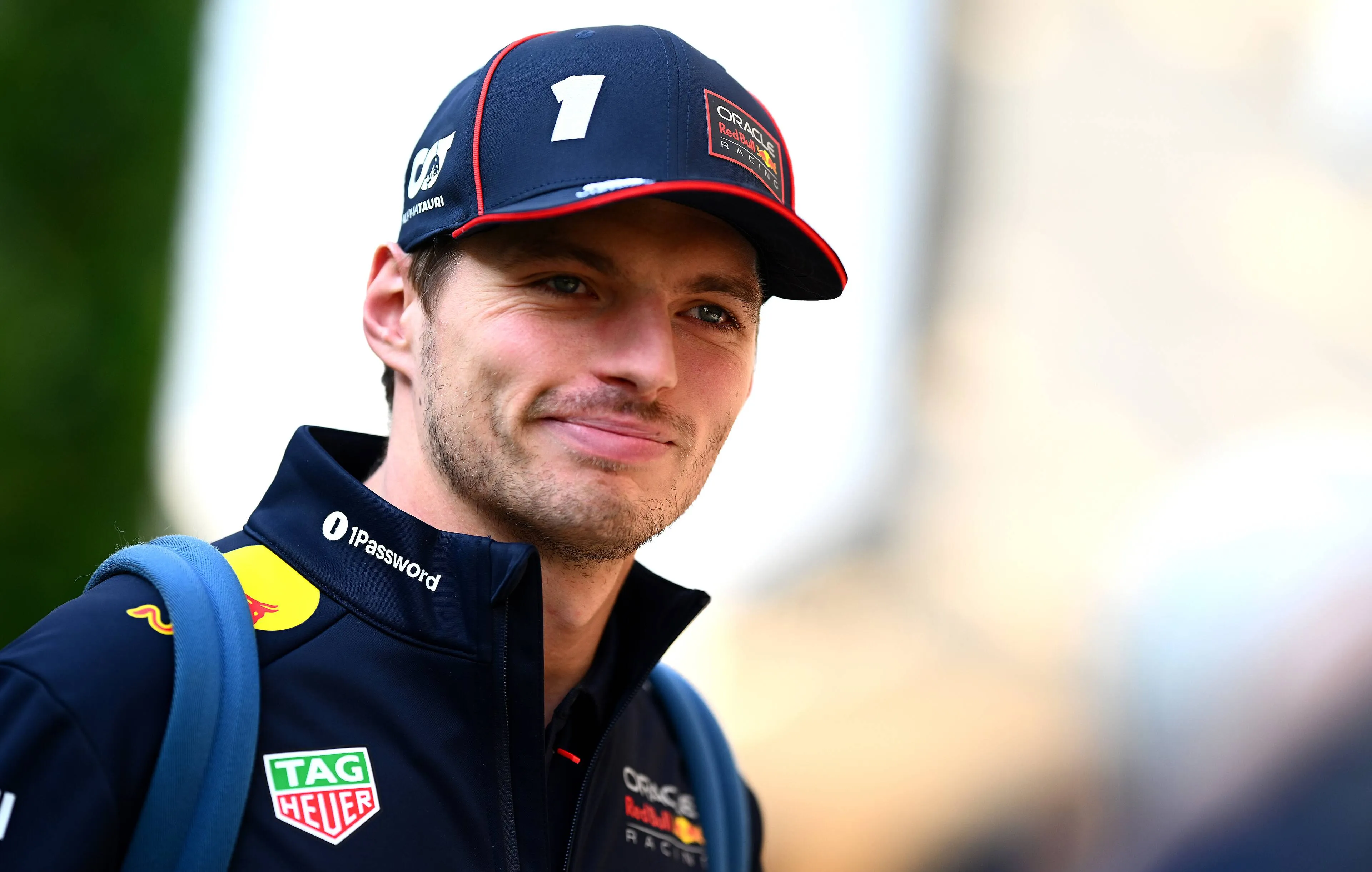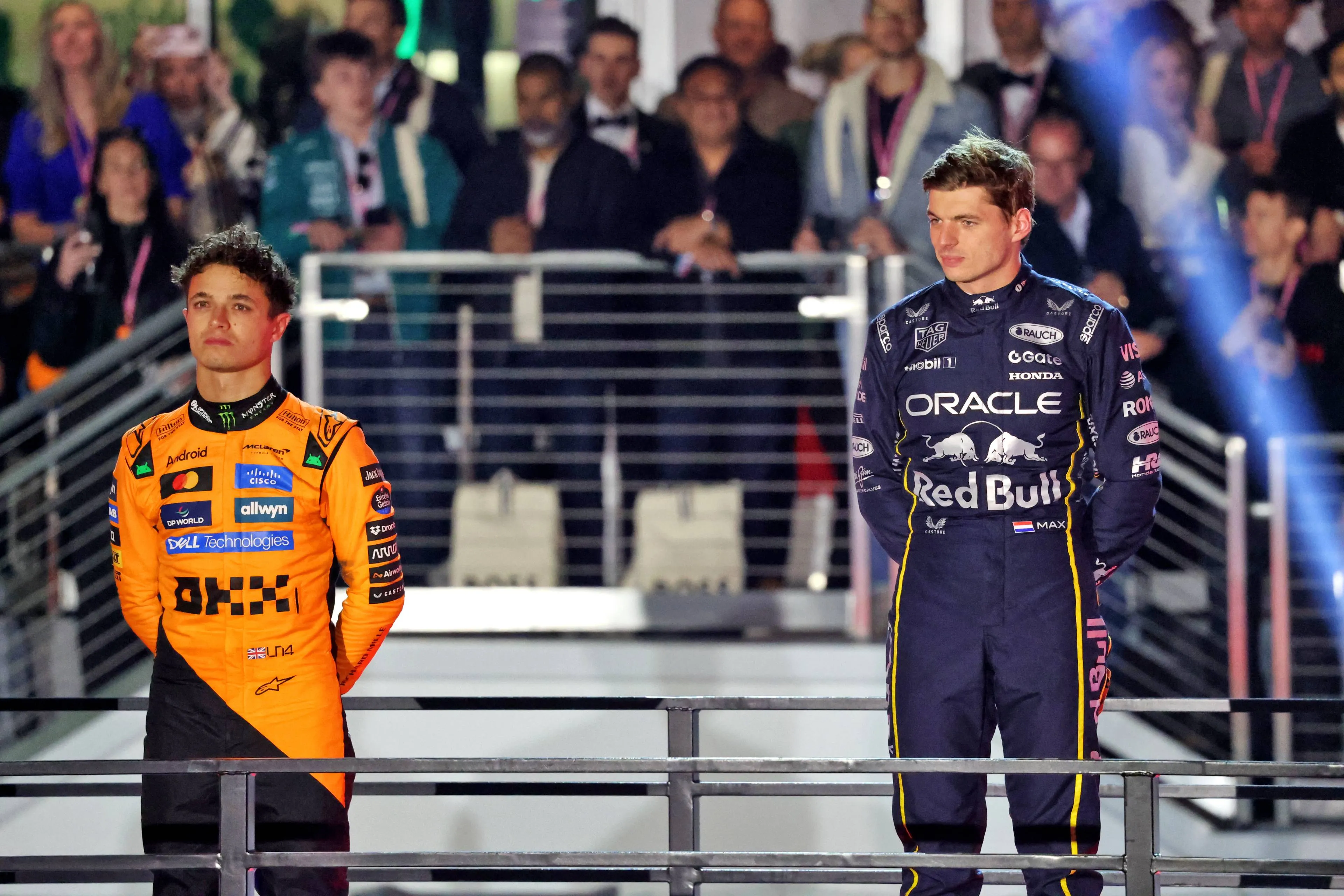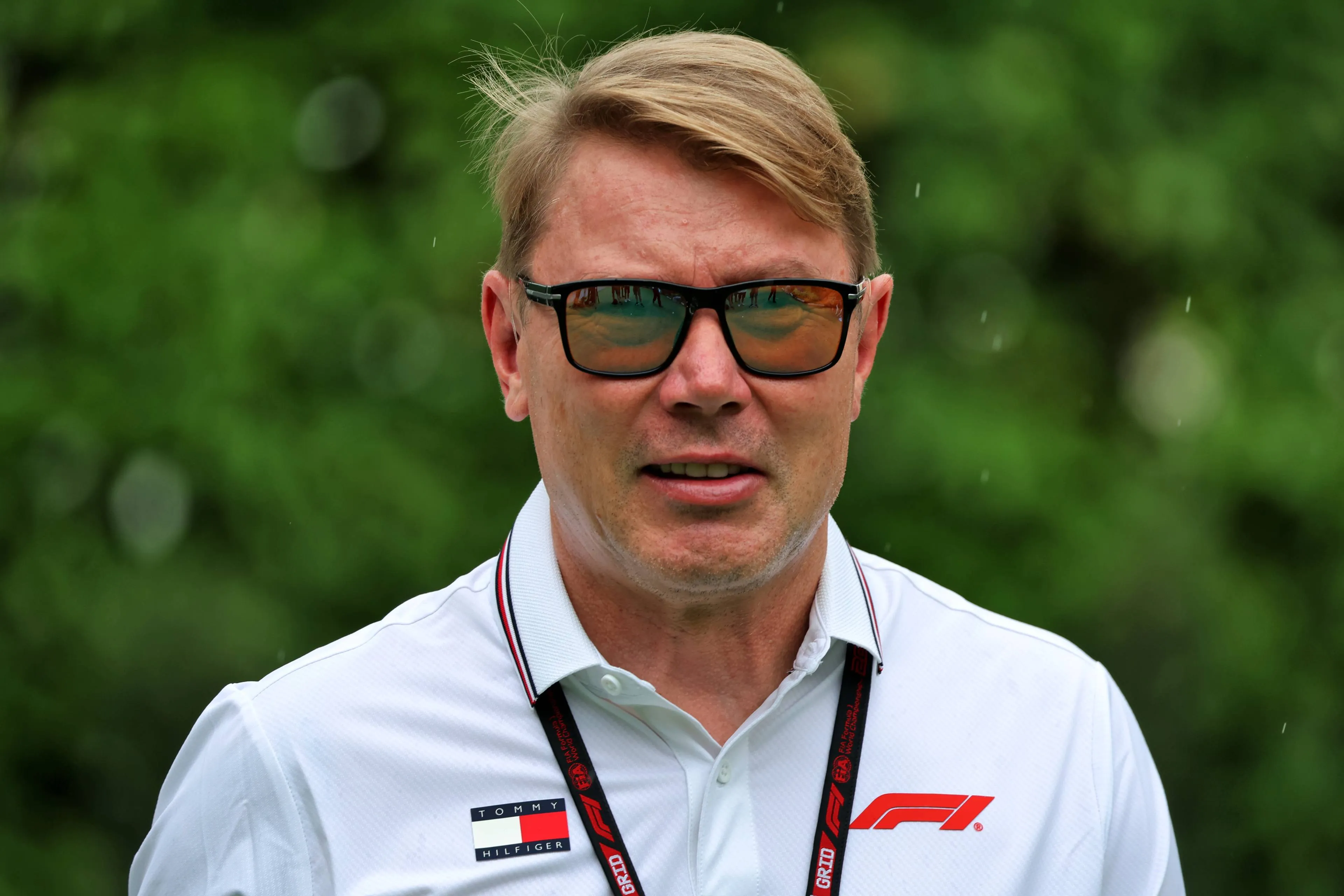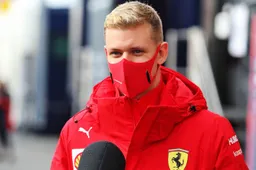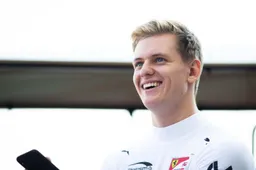Column | The arrival of pay-drivers like Mazepin is Formula 1's fault
10:12, 02 Dec 2020
4 Comments
After Nicholas Latifi and Lance Stroll, Nikita Mazepin gives us another billionaire's son in Formula 1. It's a shame that Haas chooses such a driver, but where many of the fans focus on the team, we actually have to point our finger at Formula 1.
Mazepin and Schumacher
Haas announced on Tuesday that Mazepin will drive for the American team in Formula 1 from 2021 and on Wednesday morning it was announced that Mick Schumacher will join him. With two rookies, Haas takes a considerable risk, but Formula 1 itself has ensured that these kinds of risks are taken.
Over the years, Formula 1 has become increasingly expensive and so the gap between the top, consisting of Ferrari, Red Bull Racing and Mercedes, and the backmarkers such as Haas, Williams and Alfa Romeo have only grown. The rules are very complex and so it costs a lot of money to be good at this game.
In fact, the game has become so difficult that the role of the driver has become a lot less important than years ago. The Formula 1 driver has always been dependent on his equipment, but nowadays that difference is only greater. The differences between them have only increased due to the difference in knowledge about these complex rules.
What do drivers deliver?
Of course, the men who became world champions were always in a car that could compete for the victories, but those in the midfield and at the back could be quite a surprise. The fact that Haas now opts for Schumacher and Mazepin actually shows that for Haas, the choice was very limited.
Looking purely at speed, as a Haas fan, you would do everything in your power to perhaps bring in Schumacher, but in terms of experience always put Kevin Magnussen, Sergio Perez or Romain Grosjean next to him. Even Nico Hulkenberg would be an option for this, but the question Haas have asked is very simple: What's in it for us?
Certainly, in a time of crisis, companies and therefore Formula 1 teams, must above all look at how they can survive. Teams can only survive by raking in money and where teams like Ferrari, Red Bull Racing and Mercedes seem to have an unlimited budget, small teams have to be creative.
Money more important than quality
Haas have done this in the past by purchasing many of the car parts. If they have to develop it themselves, it costs them a lot more money and the American team don't have that. Now it largely buys a car from Ferrari and can focus on the few parts they have to develop themselves.
As far as the drivers are concerned, you can now also see this development. What will a good driver deliver to Haas? Put Lewis Hamilton and Max Verstappen in that car and the team won't finish much higher than eighth place. Suppose that a Perez, Hulkenberg or Magnussen just yields that one place, then you get an extra few million from the constructors in prize money.
At Haas, however, they will have wondered whether the drivers who want to drive for them can actually make that difference. Can Sergio Perez really ensure that the team is not eighth but seventh? Haas probably doesn't think so and therefore opts for a different strategy.
F1 must make driver quality more valuable
With Mazepin, a whole mountain of money is immediately brought in but the team will probably end in a lower position, at least in the short-term. Schumacher also provides indirect money, because the arrival of Schumacher is an advantage for Ferrari and Haas will therefore have to pay less for the Ferrari engine.
The driver has actually not become so relevant in Formula 1 anymore. As the differences between the teams get bigger, only money and not the driver can bridge the gap. Haas will first have to build a better car with that extra money and then put a good driver in the car again to get that little bit extra out of that car.
So it is certainly not fun to see Mazepin in Formula 1, with Nico Hulkenberg and/or Sergio Perez on the sidelines, but Formula 1 is to blame. The differences are too great between the teams, so the money and not the speed determines who gets into those teams. The great talents will always come, but behind the top teams, drivers unfortunately too often have to make way for these types of drivers.
Hopefully, the budget cap and the cap on drivers' salaries will reduce the gaps between the teams. The aerodynamic rules ensure that drivers can make a little more different and that quality is therefore also worth more. For the time being, however, it is only hoped that those rules will work, because we are far from sure.
This article was written and originally published by Tim on the Dutch edition of GPblog.com.
Read more about:
Popular on GPBlog
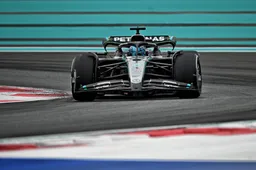
1
Two F1 teams start year with new logos for the '26 season, Red Bull joins in
6065 times read
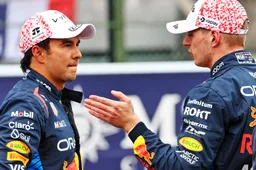
2
Verstappen delivers on 2025 promise with helmet gift for Sergio Perez
4613 times read

3
Kelly Piquet celebrates New Year with new photos of Verstappen with Lily
1905 times read
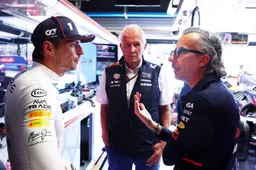
4
Red Bull Racing no longer wants to make enemies in Formula 1
470 times read
Loading


